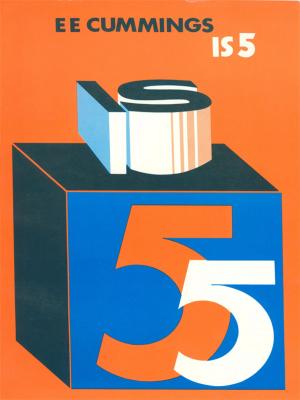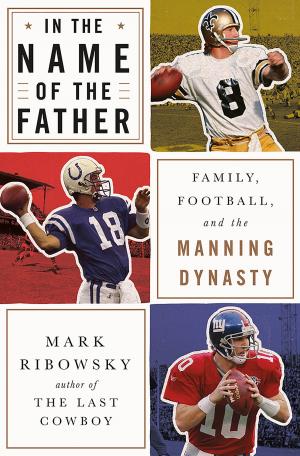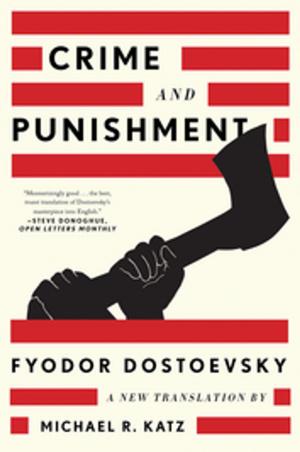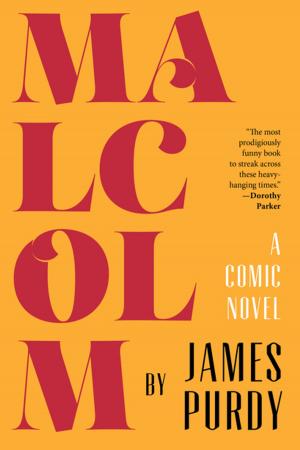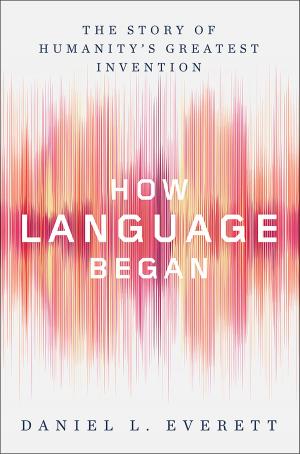A Field Philosopher's Guide to Fracking: How One Texas Town Stood Up to Big Oil and Gas
Nonfiction, Science & Nature, Science, Physics, Energy, Religion & Spirituality, Philosophy, Ethics & Moral Philosophy, Biography & Memoir, Political| Author: | Adam Briggle | ISBN: | 9781631490088 |
| Publisher: | Liveright | Publication: | October 19, 2015 |
| Imprint: | Liveright | Language: | English |
| Author: | Adam Briggle |
| ISBN: | 9781631490088 |
| Publisher: | Liveright |
| Publication: | October 19, 2015 |
| Imprint: | Liveright |
| Language: | English |
From the front lines of the fracking debate, a “field philosopher” explores one of our most divisive technologies.
When philosophy professor Adam Briggle moved to Denton, Texas, he had never heard of fracking. Only five years later he would successfully lead a citizens' initiative to ban hydraulic fracturing in Denton—the first Texas town to challenge the oil and gas industry. On his journey to learn about fracking and its effects, he leaped from the ivory tower into the fray.
In beautifully narrated chapters, Briggle brings us to town hall debates and neighborhood meetings where citizens wrestle with issues few fully understand. Is fracking safe? How does it affect the local economy? Why are bakeries prohibited in neighborhoods while gas wells are permitted next to playgrounds? In his quest for answers Briggle meets people like Cathy McMullen. Her neighbors’ cows asphyxiated after drinking fracking fluids, and her orchard was razed to make way for a pipeline. Cathy did not consent to drilling, but those who profited lived far out of harm’s way.
Briggle's first instinct was to think about fracking—deeply. Drawing on philosophers from Socrates to Kant, but also on conversations with engineers, legislators, and industry representatives, he develops a simple theory to evaluate fracking: we should give those at risk to harm a stake in the decisions we make, and we should monitor for and correct any problems that arise. Finding this regulatory process short-circuited, with government and industry alike turning a blind eye to symptoms like earthquakes and nosebleeds, Briggle decides to take action.
Though our field philosopher is initially out of his element—joining fierce activists like "Texas Sharon," once called the "worst enemy" of the oil and gas industry—his story culminates in an underdog victory for Denton, now nationally recognized as a beacon for citizens' rights at the epicenter of the fracking revolution.
From the front lines of the fracking debate, a “field philosopher” explores one of our most divisive technologies.
When philosophy professor Adam Briggle moved to Denton, Texas, he had never heard of fracking. Only five years later he would successfully lead a citizens' initiative to ban hydraulic fracturing in Denton—the first Texas town to challenge the oil and gas industry. On his journey to learn about fracking and its effects, he leaped from the ivory tower into the fray.
In beautifully narrated chapters, Briggle brings us to town hall debates and neighborhood meetings where citizens wrestle with issues few fully understand. Is fracking safe? How does it affect the local economy? Why are bakeries prohibited in neighborhoods while gas wells are permitted next to playgrounds? In his quest for answers Briggle meets people like Cathy McMullen. Her neighbors’ cows asphyxiated after drinking fracking fluids, and her orchard was razed to make way for a pipeline. Cathy did not consent to drilling, but those who profited lived far out of harm’s way.
Briggle's first instinct was to think about fracking—deeply. Drawing on philosophers from Socrates to Kant, but also on conversations with engineers, legislators, and industry representatives, he develops a simple theory to evaluate fracking: we should give those at risk to harm a stake in the decisions we make, and we should monitor for and correct any problems that arise. Finding this regulatory process short-circuited, with government and industry alike turning a blind eye to symptoms like earthquakes and nosebleeds, Briggle decides to take action.
Though our field philosopher is initially out of his element—joining fierce activists like "Texas Sharon," once called the "worst enemy" of the oil and gas industry—his story culminates in an underdog victory for Denton, now nationally recognized as a beacon for citizens' rights at the epicenter of the fracking revolution.





